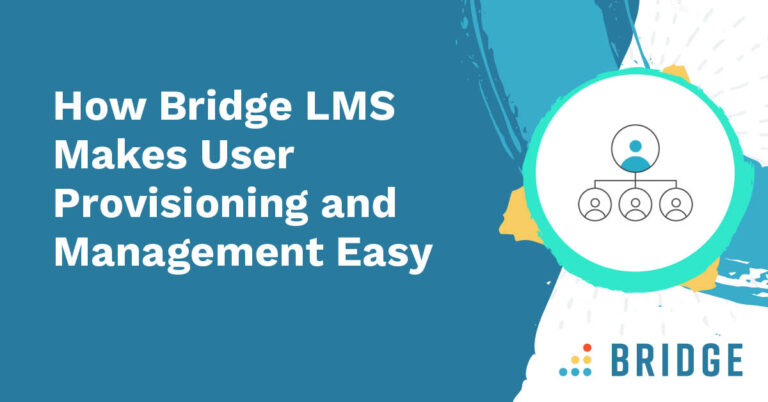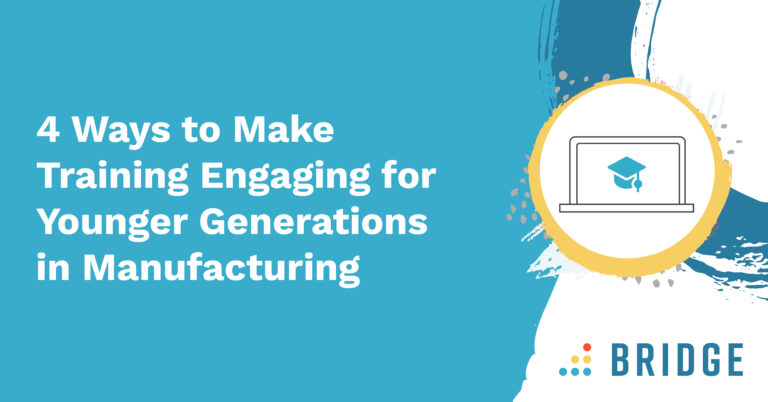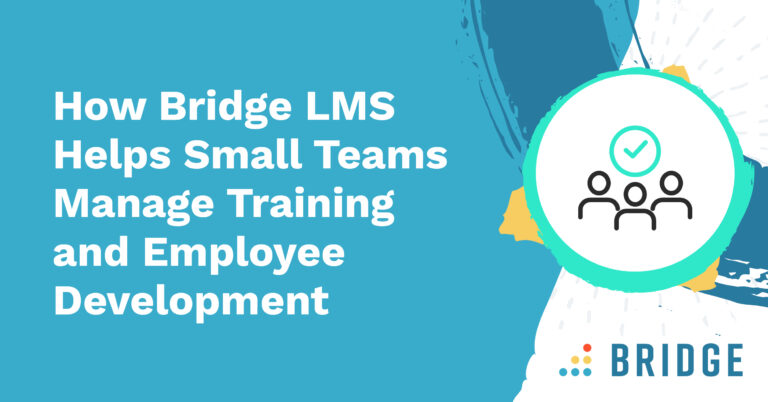The world of work as we know it is changing rapidly, leaving some organisations unable to catch up. The World Economic Forum’s Future of Jobs Report suggests that 85 million jobs may be displaced by 2025 due to advancements in technology and the changing nature of how labour is divided between humans and machines.
As companies embrace new technological innovations, it’s inevitable that employees’ job roles will change and upskilling will become essential.
What Skills Are Most In-Demand?
According to LinkedIn’s Workplace Learning Report, the top five digital skills in demand for 2021 were:
- Cybersecurity
- Network Engineering
- Analytical Skills
- Scrum
- Information Security
It’s safe to say that many current employees either don’t possess these skills or aren’t up to date with the latest innovations.
The Widening Skills Gap
A report by WorldSkills UK found that 60% of businesses believe that their reliance on digital skills is set to increase over the next five years. Whilst employer demand for digital skills continues to grow, the skills gap is ever-widening. The same report revealed that participation in skills training has declined. The number of young people taking IT subjects at GCSE has fallen by 40% since 2015, with the number taking A-Levels, further education courses, and apprenticeships all declining.
The Importance of Upskilling
With the skills gap growing ever wider and roles changing with the adoption of new technologies, it’s crucial we ramp up plans to equip employees with additional skills to better perform their roles for the future.
For continued success, your workforce needs to be ready to face any future challenges. Deloitte’s Upskilling Imperative reinforces this idea by explaining that organisations have looked to university graduates to close their talent gaps in the past, but this is no longer enough as colleges and universities can’t produce enough graduates to meet the growing demands. This isn’t an issue that recruitment can solve.
Providing employees with access to ongoing skills will also make them more engaged, too. Get Smarter’s Future of Work Report shows that 92% of employees feel more engaged with their employers when learning opportunities are offered. This means that upskilling benefits both your business and employees.
3 Ways to Upskill Your Workforce
Upskilling doesn’t need to take a lot of resources or time, but encouraging your employees to commit some time each week to learning new skills will be beneficial for the future. Here are three ways to get started.
- Invest in eLearning
A learning management system can provide employees with access to all of the learning materials they need in one place. Learners can work through materials at their own pace and slot videos, quizzes, and articles into their busy schedules, making it a popular choice for the workplace. eLearning adoption is increasing rapidly—CIPD’s Learning and Skills at Work Report found that learning technologies are now used by 79% of employers, with leading organisations showing signs of growth in digital learning.
Encouraging online learning can have its benefits. Research from Molly Fletcher Company shows that eLearning can increase employee engagement by up to 18%.
- Create Personalised Learning Plans
Encourage employees to lead the way with their own personalised learning and development plan unique to their needs, their skills gaps, and their career aspirations. Individual learning paths will keep employees motivated about their learning and help to foster a sense of ownership.
Ensure that managers are having regular one-to-ones with their employees and are discussing progress towards goals. As part of this process, it could also be a good idea to make learning targets part of employee goals, as this can further incentivise learning.
- Make Learning Part of Your Company Culture
Learning should be an ongoing process, not just a short-term measure. Developing a culture that values learning and development encourages employees to take time to complete training and learn new skills. This culture would reward learning new skills and is more likely to encourage employee uptake in learning. This means more skilled employees within your organisation who are confident in making active decisions in their own learning needs and where their skills gaps lie.
How Can Bridge Help You Upskill Your Employees?
The right strategy requires the right tool, and in order for employees to advance in their careers, they need the right skills. Bridge helps you evaluate company-wide skill mastery through self, peer, and manager assessments, using those insights to help employees build career development plans that align with their desired skills and career vision.
By uncovering where gaps in training lie, delivering learning to help improve those skills, and providing employees with the resources they need to visualise their own career progression Bridge helps organisations seamlessly close the skills gap. Keeping employees engaged by uncovering their ‘why’ helps to drive them forward with their career progression.



